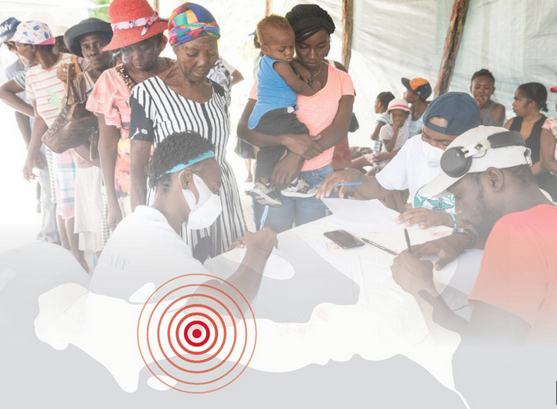
Recovery efforts are underway following Haiti’s recent earthquake, but officials have warned that many rural areas remain completely cut off without assistance of any kind. One exception is the hard hit farming community of Laborde, where the initial response is nothing short of remarkable… even though much more remains to be done.
|
|
|
|
|
|
|
|
|
|
|
|
|
|
|
|
|
|
|
|
|





